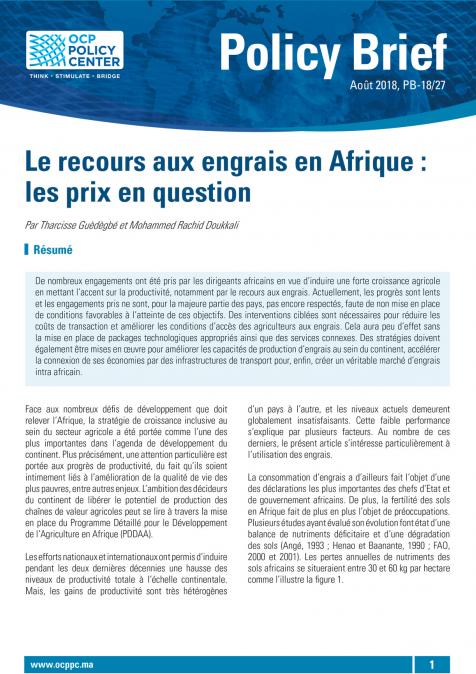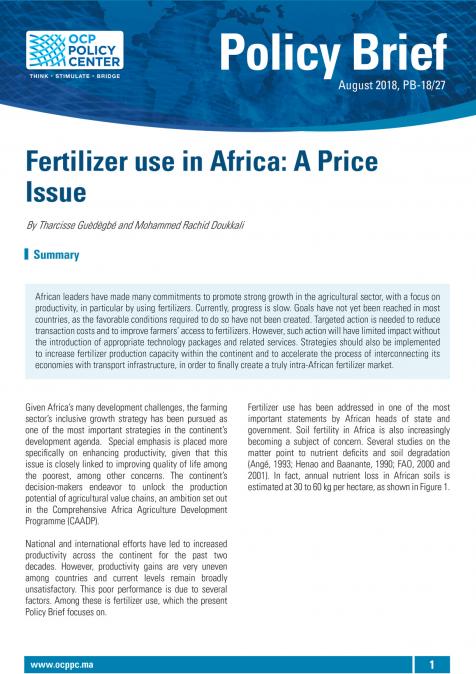Podcasts
Can Africa learn to feed itself ?
19
August
2022
Related topics:
Despite some exceptions such as Rwanda, Morocco and Tunisia to some extent, about 80% of Africa still has not learnt that being dependant on others is putting your population at risk, according to Hamza Rkha Chaham, Co-founder and Managing Director of SOWIT and alumnus of the Atlantic Dialogues Emerging Leaders program. In this podcast, he explains the challenges around agriculture in Africa, and discusses the perspectives and solutions of the issue with Helmut Sorge, Columnist at the Policy Center for the New South.









